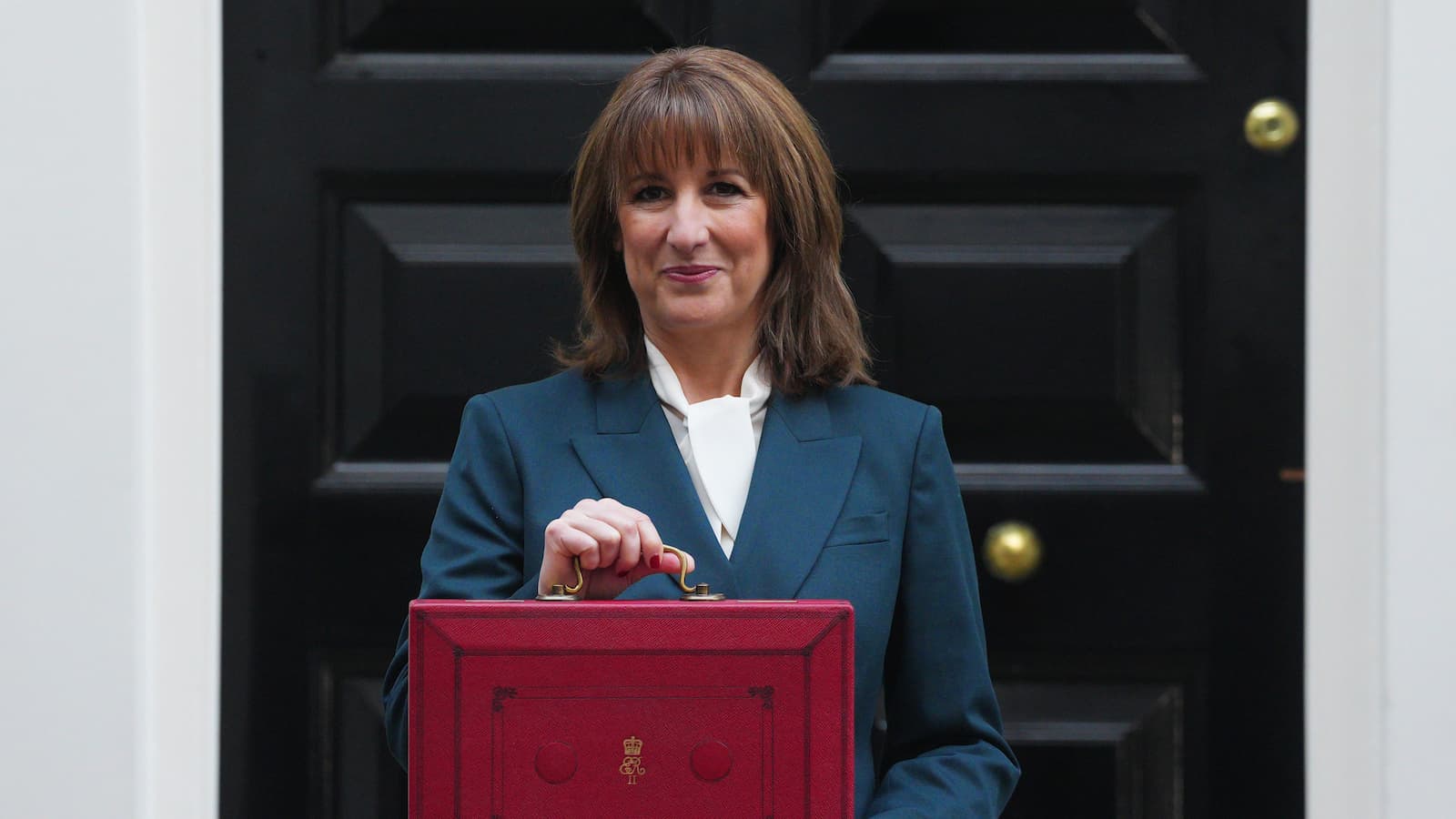Chancellor confirms Mansion Tax to take effect in April 2028 for homes worth over £2m
Luxury homeowners face a new Mansion Tax following the 2025 Budget, sparking warnings from property experts about potential market ripple effects

Bring your dream home to life with expert advice, how to guides and design inspiration. Sign up for our newsletter and get two free tickets to a Homebuilding & Renovating Show near you.
You are now subscribed
Your newsletter sign-up was successful
Chancellor Rachel Reeves has confirmed in the November 2025 Budget that a new Mansion Tax will be introduced from April 2028.
The tax will apply to homes valued above £2 million, which experts are already warning will directly affect house prices at the top end of the market.
We take a look at how the Mansion Tax will work and which homeowners are likely to be impacted.
How will the Mansion Tax work?
The Mansion Tax is a new high-value council tax surcharge that will apply to properties valued over £2 million.
There will be four price bands, starting at £2,500 a year for homes between £2 million and £2.5 million, rising to £7,500 for properties worth £5 million or more.
The surcharge will be uprated annually by inflation. The tax will be charged in addition to standard council tax and will be paid to central government rather than local authorities.
While the surcharge is not due until 2028, the government says valuations will be based on 2026 prices, requiring a nationwide revaluation of high-value properties.
Bring your dream home to life with expert advice, how to guides and design inspiration. Sign up for our newsletter and get two free tickets to a Homebuilding & Renovating Show near you.
The OBR are predicting the Mansion Tax will raise the government around £400 million.
Who will be affected by the mansion tax?
The mansion tax will apply to properties valued at over £2 million, with four bands: £2 million–£2.5 million, £2.5 million–£3.5 million, £3.5 million–£5 million, and above £5 million.
Homes in the lowest band will pay £2,500 a year, rising to £7,500 for properties in the highest band, with charges uprated annually by inflation.
High-value homeowners in London and the South East are likely to be most affected, as these areas have the greatest concentration of properties above £2 million.
Around 300,000 homes are predicted to be at risk under the Mansion tax plan.
Experts warn of Mansion Tax's impact
Experts have voiced concerns about how the Mansion Tax will affect the housing market and wider housing activity.
Colleen Babcock, Rightmove’s property expert, says: “Today’s announcement of a Mansion Tax could lead to some distortion at the top end of the market, particularly as the implementation date draws closer. Sellers of homes near the £2 million mark may need to adjust prices, and retired homeowners could struggle with annual costs.”
Nick Leeming, Chairman of Jackson-Stops, warns: “The £2 million threshold may hit London and South East homeowners harder, where prices are high and many owners are mortgaged.”
Alexander Marcham, Managing Director at Alvarez & Marsal Tax, adds: “Revaluing homes to 2026 prices will be a huge task for local councils and could trigger a wave of appeals.”
Mark Hughes, Specialist Property Expert at Pure Property Finance, notes: “While politically significant, careful planning will be key to avoiding forced sales or wider market disruption.”
With the Mansion Tax confirmed in the November 2025 Budget, homeowners with properties over £2 million now know what to expect from April 2028.
Understanding how the Mansion Tax works and who will be affected is essential for planning future costs.
Staying informed about the Mansion Tax will help homeowners make strategic decisions and manage their property investments effectively.

News Editor Joseph has previously written for Today’s Media and Chambers & Partners, focusing on news for conveyancers and industry professionals. Joseph has just started his own self build project, building his own home on his family’s farm with planning permission for a timber frame, three-bedroom house in a one-acre field. The foundation work has already begun and he hopes to have the home built in the next year. Prior to this he renovated his family's home as well as doing several DIY projects, including installing a shower, building sheds, and livestock fences and shelters for the farm’s animals. Outside of homebuilding, Joseph loves rugby and has written for Rugby World, the world’s largest rugby magazine.
